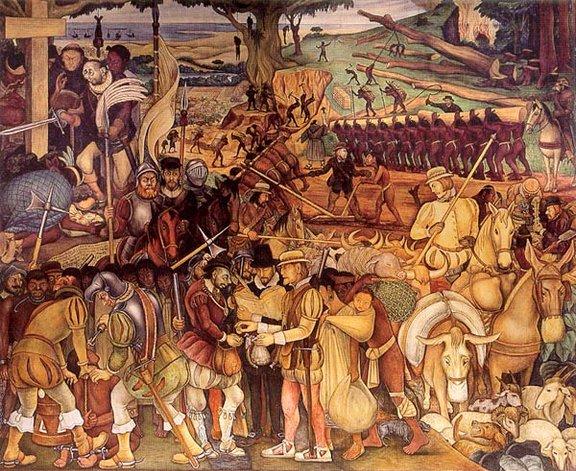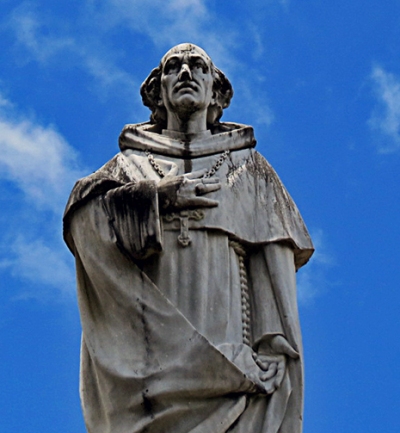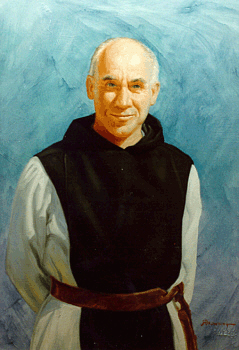Selected by Ken Sehested
§ If it were all so simple! If only there were evil people somewhere insidiously committing evil deeds, and it were necessary only to separate them from the rest of us and destroy them. But the line dividing good and evil cuts through the heart of every human being. And who is willing to destroy a piece of his own heart? —Aleksandr Solzhenitsyn
§ The ultimate weakness of violence is that it is a descending spiral, begetting the very thing it seeks to destroy. . . . Returning violence for violence multiples violence, adding deeper darkness to a night already devoid of stars. Darkness cannot drive out darkness; only light can do that. Hate cannot drive out hate; only love can do that. —Martin Luther King Jr.
Read more ›

 When prayer&politiks began in November 2014, the commitment was for one year, to assess whether the need and the support was evident. In September we employed a communications consultant to help with evaluation. Her conclusions: both the quantity and the quality of the survey returns were “exceptional.”
When prayer&politiks began in November 2014, the commitment was for one year, to assess whether the need and the support was evident. In September we employed a communications consultant to help with evaluation. Her conclusions: both the quantity and the quality of the survey returns were “exceptional.” "God acted . . . as a father who has two daughters: one very white, full of grace and gentility; the other very ugly, bleary-eyed, stupid and bestial. If the first is to be married, she doesn't need a dowry, but only to be put in the palace and those who want to marry her would compete for her. For the ugly, stupid, foolish wretch, it isn't enough to give her a large dowry, many jewels, lovely magnificent, and expensive clothes. . . .
"God acted . . . as a father who has two daughters: one very white, full of grace and gentility; the other very ugly, bleary-eyed, stupid and bestial. If the first is to be married, she doesn't need a dowry, but only to be put in the palace and those who want to marry her would compete for her. For the ugly, stupid, foolish wretch, it isn't enough to give her a large dowry, many jewels, lovely magnificent, and expensive clothes. . . . Born in 1484, Las Casas first traveled to the island of Hispaniola in 1502 along with his father, a Spanish merchant. Initially he participated in and profited from Spain’s enslavement of the population. In 1510 he was the first priest to be ordained in the Americas.
Born in 1484, Las Casas first traveled to the island of Hispaniola in 1502 along with his father, a Spanish merchant. Initially he participated in and profited from Spain’s enslavement of the population. In 1510 he was the first priest to be ordained in the Americas. § It may be true that every prophet is a pain in the neck, but it is not true that every pain in the neck is a prophet. There is no more firmly entrenched expression of the false self than the self-proclaimed prophet.
§ It may be true that every prophet is a pain in the neck, but it is not true that every pain in the neck is a prophet. There is no more firmly entrenched expression of the false self than the self-proclaimed prophet.